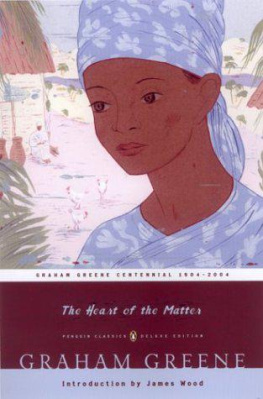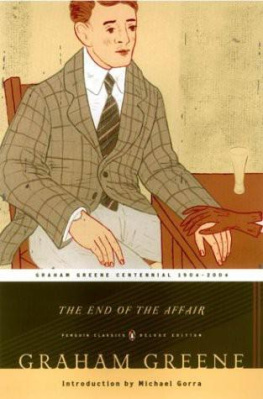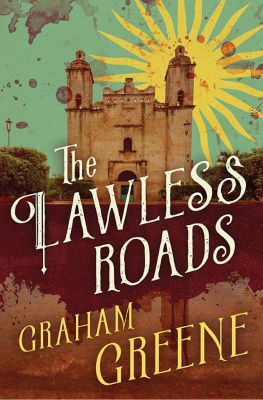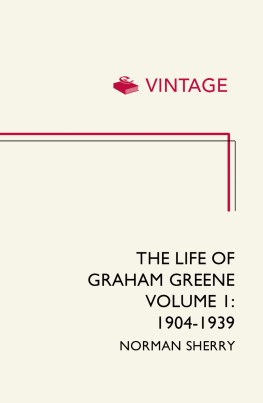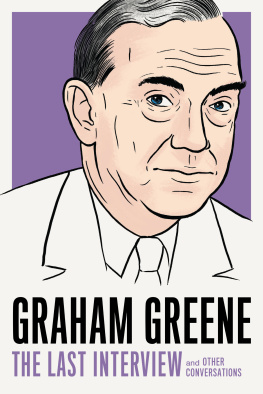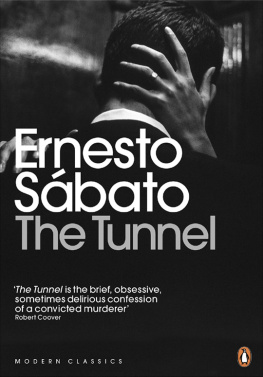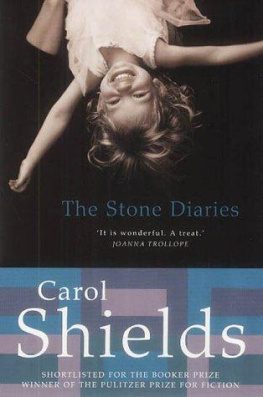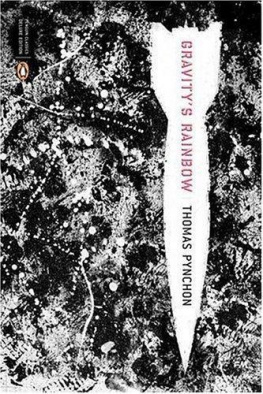| The heart of the matter |
| Graham Greene |
| Harmondsworth, Eng. : Penguin Books, 1978, c1971. (1971) |
| Rating: |
| Tags: | Fiction, Psychological fiction, Literary, Psychological, Classics, Africa, Catholics, Colonial administrators, British - Africa, Catholics - Africa, British, Marriage, English fiction, Colonial administrators - Africa, Married people - Africa
Fictionttt Psychological fictionttt Literaryttt Psychologicalttt Classicsttt Africattt Catholicsttt Colonial administratorsttt British - Africattt Catholics - Africattt Britishttt Marriagettt English fictionttt Colonial administrators - Africattt Married people - Africattt |
Review
"A superb storyteller with a gift for provoking controversy."
_New York Times_
Greene had the sharpest eyes for trouble, the finest nose for human weaknesses, and was pitilessly honest in his observations... For experience of a whole century he was the man within.
Norman Sherry, Independent
Product Description
With a new introduction by James Wood
Scobie, a police officer serving in a wartime west-African state, is distrusted being scrupulously honest and immune to bribery. But then he falls in love, and in so doing, he is forced to betray everything he believes in, with drastic and tragic consequences.

The Heart Of The Matter
BOOK ONE
PART ONE
Chapter One
WILSON sat on the balcony of the Bedford Hotel with his bald pink knees thrust against the ironwork. It was Sunday and the Cathedral bell clanged for matins. On the other side of Bond street, in the windows of the High School, sat the young negresses in dark-blue gym smocks engaged on, the interminable task of trying to wave their wirespring hair. Wilson stroked his very young moustache and dreamed, waiting for his gin-and-bitters.
Sitting there, facing Bond Street, he had his face turned to the sea. His pallor showed how recently he had emerged from it into the port: so did his lack of interest in the schoolgirls opposite. He was like the lagging finger of the barometer, still pointing to Fair long after its companion has moved to Stormy. Below him the black clerks moved churchward, but their wives in brilliant afternoon dresses of blue and cerise aroused no interest in Wilson. He was alone on the balcony except for one bearded Indian in a turban who had already tried to tell his fortune: this was not the hour or the day for white men - they would be at the beach five miles away, but Wilson had no car. He felt almost intolerably lonely. On either side of the school the tin roofs sloped towards the sea, and the corrugated iron above his head clanged and clattered as a vulture alighted.
Three merchant officers from the convoy in the harbour came into view, walking up from the quay. They were surrounded immediately by small boys wearing school caps. The boys refrain came faintly up to Wilson like a nursery rhyme: Captain want jig jig, my sister pretty girl school-teacher, captain want jig jig. The bearded Indian frowned over intricate calculations on the back of an envelope - a horoscope, the cost of living? When Wilson looked down into the street again the officers had fought their way free, and the schoolboys had swarmed again round a single able-seaman: they led him triumphantly away towards the brothel near the police station, as though to the nursery.
A black boy brought Wilsons gin and he sipped it very slowly because he had nothing else to do except to return to his hot and squalid room and read a novel - or a poem. Wilson liked poetry, but he absorbed it secretly, like a drug. The Golden Treasury accompanied him wherever he went, but it was taken at night in small doses - a finger of Longfellow, Macaulay, Mangan: Go on to tell how, with genius wasted, Betrayed in friendship, befooled in love ... His taste was romantic. For public exhibition he had his Wallace. He wanted passionately to be indistinguishable on the surface from other men: he wore his moustache like a club tie - it was his highest common factor, but his eyes betrayed him - brown dogs eyes, a setters eyes, pointing mournfully towards Bond Street.
Excuse me, a voice said, arent you Wilson?
He looked up at a middle-aged man in the inevitable khaki shorts with a drawn face the colour of hay.
Yes, thats me.
May I join you? My names Harris.
Delighted, Mr Harris.
Youre the new accountant at the U.A.C.?
Thats me. Have a drink?
Ill have a lemon squash if you dont mind. Cant drink in the middle of the day.
The Indian rose from his table and approached with deference, You remember me, Mr Harris. Perhaps you would tell your friend, Mr Harris, of my talents. Perhaps he would like to read my letters of recommendation ... The grubby sheaf of envelopes was always in his hand. The leaders of society.
Be off. Beat it, you old scoundrel, Harris said.
How did you know my name? Wilson asked.
Saw it on a cable. Im a cable censor, Harris said. What a job! What a place!
I can see from here, Mr Harris, that your fortune has changed considerably. If you would step with me for a moment into the bathroom...
Beat it, Gunga Din.
Why the bathroom? Wilson asked.
He always tells fortunes there. I suppose its the only private room available. I never thought of asking why.
Been here long?
Eighteen bloody months.
Going home soon?
Harris stared over the tin roofs towards the harbour. He said, The ships all go the wrong way. But when I do get home youll never see me here again. He lowered his voice and said with venom over his lemon squash, I hate the place. I hate the people. I hate the bloody niggers. Mustnt call em that you know.
My boy seems all right
A mans boys always all right. Hes a real nigger - but these, look at em, look at that one with a feather boa down there. They arent even real niggers. Just West Indians and they rule the coast Clerks in the stores, city council, magistrates, lawyers - my God. Its all right up in the Protectorate. I havent anything to say against a real nigger. God made our colours. But these - my God! The Governments afraid of them. The police are afraid of them. Look down there, Harris said, look at Scobie.
A vulture flapped and shifted on the iron roof and Wilson looked at Scobie. He looked without interest in obedience to a strangers direction, and it seemed to him that no particular interest attached to the squat grey-haired man walking alone up Bond Street. He couldnt tell that this was one of those occasions a man never forgets: a small cicatrice had been made on the memory, a wound that would ache whenever certain things combined - the taste of gin at mid-day, the smell of flowers under a balcony, the clang of corrugated iron, an ugly bird flopping from perch to perch.
He loves em so much, Harris said, he sleeps with em.
Is that the police uniform?
It is. Our great police force. A lost thing will they never find - you know the poem.
I dont read poetry, Wilson said. His eyes followed Scobie up the sun-drowned street. Scobie stopped and had a word with a black man in a white panama: a black policeman passed by, saluting smartly. Scobie went on.
Probably in the pay of the Syrians too if the truth were known.
The Syrians?
This is the original Tower of Babel, Harris said. West Indians, Africans, real Indians, Syrians, Englishmen, Scotsmen in the Office of Works, Irish priests, French priests, Alsatian priests.
What do the Syrians do?
Make money. They run an the stores up country and most of the stores here. Run diamonds too.
I suppose theres a lot of that

